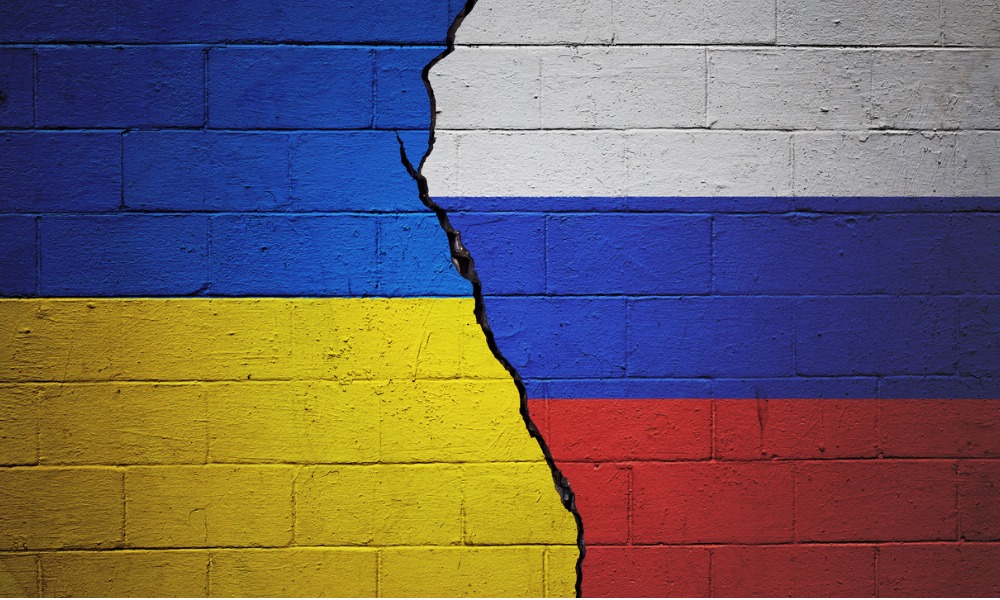A report highlighted the complexities involved in repurposing these assets

As the second anniversary of the conflict between Russia and Ukraine approaches, the focus on using frozen Russian assets to aid Ukraine's reconstruction gains momentum, the International Bar Association (IBA) reported.
A recent report from the UK House of Lords' European Foreign Affairs Committee sheds light on the complexities and legal challenges involved in repurposing these assets, particularly spotlighting the case of Roman Abramovich, the sanctioned former owner of Chelsea Football Club.
In March 2022, Abramovich was one of several Russian oligarchs sanctioned by the UK government with alleged ties to the Kremlin following Russia's invasion of Ukraine. Despite being permitted to sell Chelsea FC and pledging the £2.5 billion proceeds to aid war victims in Ukraine, the funds remain untapped, mired in legal and bureaucratic challenges.
The Committee's late January report criticizes the prolonged freeze of Abramovich's assets, deeming it "incomprehensible" nearly two years after his pledge. The controversy hinges on the destination and utilization of these funds, with the UK government insisting on their allocation to "humanitarian purposes in Ukraine," while Abramovich proposes the creation of a charitable foundation for the war's victims.
The legal standoff continues despite the potential impact these funds could have on Ukraine's recovery. The war has inflicted over $150 billion in damage to Ukrainian infrastructure, a figure that underscores the critical need for financial resources to rebuild. The International Bar Association, through its representatives, has highlighted the broader implications of such asset freezes, including the challenges in compensating for the extensive damages and the necessity of an international reparations mechanism.
The UK's approach to the issue involves navigating a complex legal landscape, including extending the OFSI license for Abramovich's frozen assets and considering new applications to release the funds for charitable use. However, the situation is fraught with political sensitivities and the risk of setting precedents in sanctions policy.
Meanwhile, the European Court of Justice's dismissal of Abramovich's legal challenge against EU sanctions and the ongoing appeal in the UK regarding similar sanctions indicate the legal hurdles in addressing the broader question of utilizing frozen assets for reconstruction efforts.
According to the IBA, as the international community grapples with these challenges, the call for utilizing frozen Russian assets for Ukraine's rebuilding efforts grows louder. With establishing the International Register of Damage and other initiatives, there is hope for a structured approach to reparations for Ukraine. Yet, the immediate future of the £2.5 billion from Chelsea FC's sale and other similar funds remains uncertain, highlighting the intricate interplay of law, politics, and humanitarian needs in the wake of the Ukraine conflict.










